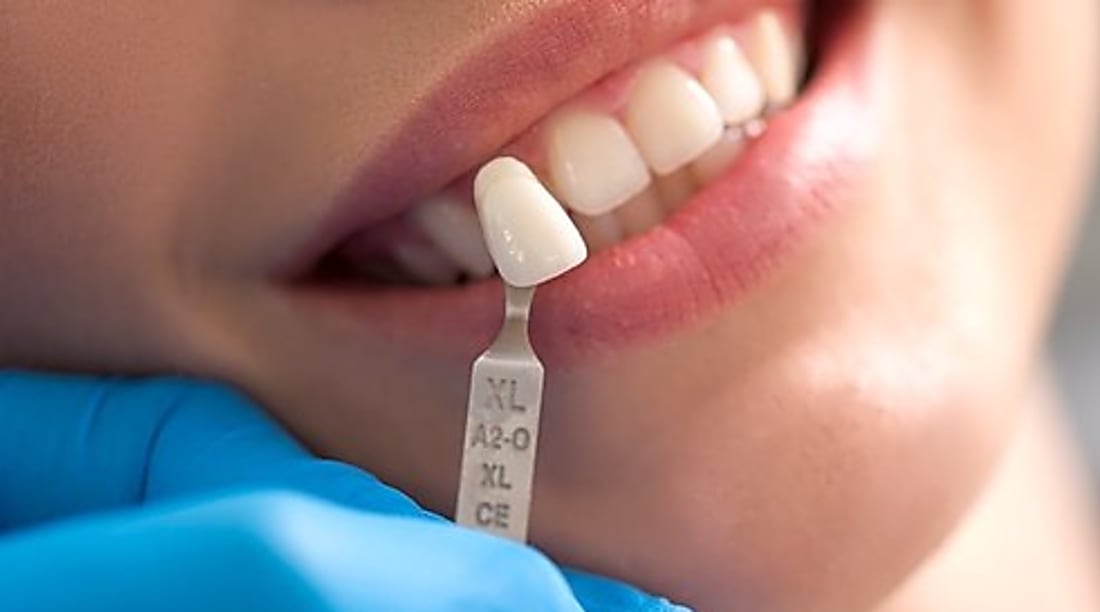Everything You Need to Know About Dental Implants
Dental implants have revolutionized the field of dentistry, offering a permanent solution for missing teeth. This innovative treatment not only restores your smile but also improves oral health and overall quality of life. If you're considering dental implants, you've come to the right place. This comprehensive guide will walk you through everything you need to know about dental implants, from the procedure to costs and aftercare.

Dental implants represent a significant advancement in restorative dentistry, providing individuals with a durable and natural-looking solution for missing teeth. Unlike traditional dentures or bridges, implants are surgically placed into the jawbone, creating a stable foundation that mimics the structure of natural teeth. This approach not only restores function but also helps preserve jawbone density and facial structure over time.
Understanding Dental Implants: A Modern Tooth Replacement Solution
A dental implant consists of three main components: a titanium post that serves as an artificial tooth root, an abutment that connects the post to the replacement tooth, and a crown that resembles a natural tooth. The titanium post is surgically inserted into the jawbone, where it fuses with the bone through a process called osseointegration. This integration typically takes several months but provides exceptional stability and strength. Dental implants can replace a single tooth, multiple teeth, or even support a full arch of replacement teeth. They are designed to look, feel, and function like natural teeth, making them virtually indistinguishable from your original smile.
The Dental Implant Procedure: What to Expect
The dental implant process typically involves multiple stages spread over several months. Initially, your dentist or oral surgeon will conduct a thorough examination, including X-rays and possibly CT scans, to assess bone density and determine the best placement for the implant. During the first surgical procedure, the titanium post is placed into the jawbone beneath the gum tissue. The gum is then sutured closed, and a healing period of three to six months follows, allowing osseointegration to occur. Once the implant has fused with the bone, a second minor procedure may be needed to attach the abutment. Finally, after the gums have healed around the abutment, a custom-made crown is attached, completing the restoration. Throughout the process, local anesthesia or sedation options are available to ensure patient comfort.
Benefits of Choosing Dental Implants
Dental implants offer numerous advantages over traditional tooth replacement options. They provide superior stability and comfort, eliminating the slipping or clicking associated with removable dentures. Because implants are anchored in the jawbone, they help prevent bone loss that typically occurs after tooth loss, maintaining facial structure and preventing the sunken appearance that can develop over time. Implants also protect adjacent teeth, as they do not require grinding down neighboring teeth like bridges do. With proper care, dental implants can last a lifetime, making them a cost-effective long-term investment. Additionally, they restore full chewing power, allowing you to eat your favorite foods without restriction, and they require no special cleaning routines beyond regular brushing and flossing.
Candidacy and Preparation for Dental Implants
While dental implants are suitable for many people, not everyone is an ideal candidate. Good candidates typically have adequate bone density to support the implant, healthy gums free from periodontal disease, and overall good health. Certain medical conditions, such as uncontrolled diabetes or active cancer treatment, may affect healing and implant success. Smoking can also significantly reduce success rates and is often discouraged before and after the procedure. If bone loss has occurred, bone grafting procedures may be necessary to build up the jawbone before implant placement. During your initial consultation, your dental professional will review your medical history, examine your oral health, and discuss your expectations to determine if dental implants are the right choice for you. Preparation may include treating any existing dental issues, such as gum disease or tooth decay, to ensure optimal conditions for implant success.
Aftercare and Maintenance of Dental Implants
Proper aftercare is essential for the long-term success of dental implants. Immediately following surgery, you may experience some swelling, bruising, minor bleeding, and discomfort, which can typically be managed with prescribed medications and ice packs. A soft diet is recommended during the initial healing phase. Once fully healed, dental implants require the same care as natural teeth: brushing twice daily, flossing regularly, and attending routine dental check-ups and cleanings. Your dentist may recommend specific interdental brushes or water flossers to clean around the implant effectively. Avoiding habits that can damage natural teeth, such as chewing ice or using teeth as tools, will also help protect your implants. Regular professional monitoring ensures any potential issues are identified and addressed early, contributing to the longevity of your implants.
Conclusion
Dental implants have revolutionized tooth replacement, offering a permanent, functional, and aesthetically pleasing solution for missing teeth. Understanding the procedure, benefits, candidacy requirements, and proper maintenance can help you make an informed decision about whether dental implants are right for you. With success rates exceeding 95 percent and the potential to last a lifetime, dental implants represent a worthwhile investment in your oral health and quality of life. Consulting with a qualified dental professional is the first step toward restoring your smile and confidence.
This article is for informational purposes only and should not be considered medical advice. Please consult a qualified healthcare professional for personalized guidance and treatment.




